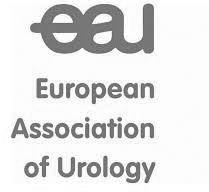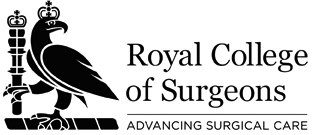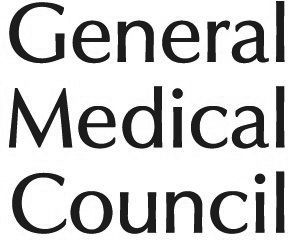Prof. Mark Emberton, Professor of Urology
Prof. Mark Emberton
Professor of Urology
Prof. Mark Emberton MD FRCS Urol
Professor of Urology
Prof. Mark Emberton
Professor of Urology MD FRCS Urol
Areas of expertise
- Focal therapy
- Minimally invasive treatment for prostate cancer which aims to preserve prostate and aims to preserve function
- Non-invasive diagnosis incorporating MRI and targeted biopsies where necessary
- Use of biomarkers to refine the risk stratification of men who've been recently diagnosed with prostate cancer

Recommendations for Prof. Emberton
These recommendations are for information purposes only. Doctors providing recommendations do so in good faith and are not responsible for clinical outcomes.












Recommended by:
Make an appointment
Address
-
London Urology Specialists
King Edward VII’s Hospital, 5 – 10 Beaumont Street, London, W1G 6AA
-
Telephone consultation
Available for patients, please call to arrange, W1U 5NY
University College Hospital
235 Euston Rd, Fitzrovia, London, NW1 2BU
About Prof. Mark Emberton
Professor Mark Emberton is an Honorary Consultant Urologist at University College Hospitals NHS Foundation Trust, and Founding Pioneer of The Charity Prostate Cancer UK. He is Professor of Interventional Oncology at UCL. He was appointed Dean of UCL Faculty of Medical Sciences in 2015. He specialises in the implementation of new imaging techniques, nanotechnologies, bio-engineering materials and non-invasive treatment approaches, such as high intensity focused ultrasound and photo-dynamic therapy. His clinical research is aimed at improving the diagnostic and risk stratification tools and treatment strategies for prostate cancer (PCa).
Professor Emberton’s research has been published in more than 300 peer-reviewed scientific papers in journals including BMJ, Lancet Oncology and European Urology. He is also interested in the methodological aspects of clinical research, particularly on the use of alternatives to the randomised control trial in surgery. He has contributed to the development of guidelines for the management of PCa and lower urinary tract symptoms, published by the International Society of Geriatric Oncology and the European Association of Urology. He is a member of various urological and medical organisations including the American Association of GenitoUrinary Surgeons, the British Association of Urological Surgeons and the European Association of Urology). He is a founding Partner of London Urology Associates, and is a Trustee of Prostate Action.
Areas of expertise
- Active surveillance
- Cyrosurgery
- Focal therapy
- Focal therapy
- High intesntivy focused ultrasound
- Minimally-invasive treatment for prostate cancer, which aims to preserve prostate function
- MRI scan
- Non-invasive diagnosis
- Non-invasive diagnosis incorporating MRI and targeted biopsies where necessary
- Photo therapy
- Photo-dynamic therapy
- Prostate cancer
- Salvage therapy
- Use of biomarkers to refine the risk stratification of men who been recently diagnosed with prostate cancer
- Vascular targeted therapy
Frequently asked questions
What are the common symptoms that your patients tend to present with?
Patients visit me with prostate problems. Sometimes there are symptoms such as when a man has lower urinary tract symptoms, and at other times, a higher frequency and urgency of urination at night.
A much more common symptom is patients presenting with a prostate cancer risk or a prostate cancer diagnosis, which is my most frequent consultation. That would be a man with an elevated PSA or a positive family history who wants reassurance in that regard.
In terms of the treatments that I'm recognised for, we have pioneered the use of MRI in prostate cancer, which is now globally accepted. We have pioneered the use of minimally-invasive therapies, which are increasingly being used around the world. Patients come from all over the world to me to get advice in both these areas.
What are the treatments that you're able to offer your patients?
Possibly, better than any other centre in the world, we are able to offer patients the treatment that is most suited to themselves, their prostates and their prostate cancer. What we do, unlike any other centre in the world, is use a number of energy sources to selectively treat the cancer and preserve the prostate and, therefore, maximise the cure rate whilst also maximising the chances of them having no symptoms or side effects as a result of their treatment.
We focus on improving the therapeutic ratio for men with early prostate cancer and avoiding, where possible, the use of surgery or radiotherapy.
What are your areas of sub-specialist interest?
I'm a clinician scientist. Half my week is spent doing clinical science and half is spent doing medicine. The two dovetail each other and, therefore, the trials that I do in diagnosis and therapy, we implement in the patients that we treat.
My laboratory, if we can use the word, is the clinic. It's from there that we recruit patients into Phase I, Phase II and Phase III clinical studies.
In addition to the above, I also focus on younger patients, young adults or adolescents who present with primary problems that need assessment.
Professional memberships













































